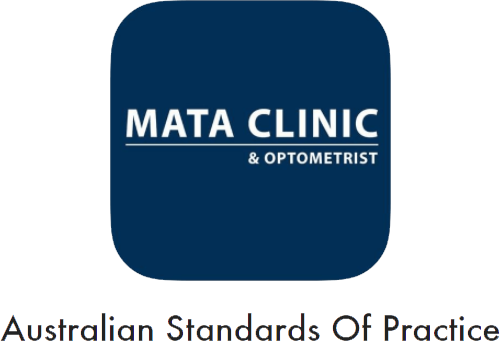In many parts of the world, providing an ordinary pair of glasses can be life-changing. Congdon has been working in China since the early 1980s, together with ORBIS International, a charity that has provided low-cost glasses to 2.5 million children in China and India. He undertook the first trial to find out whether glasses would improve educational outcomes. His study of 20,000 children in Guangdong, China found that the impact of giving a pair of glasses outstripped the impact of parental education or family income.
“It means that a simple, low-cost intervention can reverse a lot of the disadvantages that a kid might come into the world having vis-a-vis their parent’s education or a low family income. We found this exciting,” adds Congdon.
The most effective, evidence-based prevention strategy is also surprisingly low-tech, and applies to all countries regardless of their wealth or resources: more time outdoors.
Researchers are still investigating exactly why being outdoors, and being in natural light, helps prevent myopia – but for now, their perhaps most important conclusion is that it does. The challenge is to ensure that children make use of this natural boost.
In Singapore, outdoors time at preschools was doubled to one hour as part of the broader national myopia-fighting strategy. Exams for the youngest students have been scrapped, to reduce the time spent doing homework.
“We want to increase outdoor time for older students, but the curriculum is quite packed,” says Chia. “We’re a small island, so some schools don’t have the room for the kids to go out and they’re not close to a park or anything.” While many uncertainties remain about myopia, she is encouraged by the progress made during decades of research: “Three years ago, we did not know how important sunlight is.”
Ultimately, a child’s eyesight is part of their general wellbeing, she says: “We don’t just want the focus to be on the eyes: it’s about the whole body and good mental health. We want our kids to lead healthy lives.”
If you like to find out more about how to manage this problem, you may visit www.mataclinic.com



Recent Comments